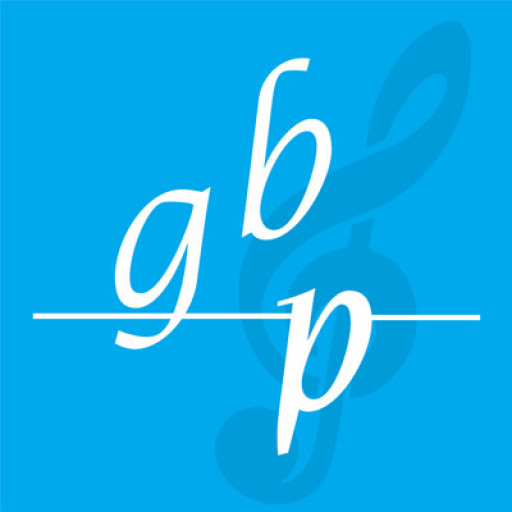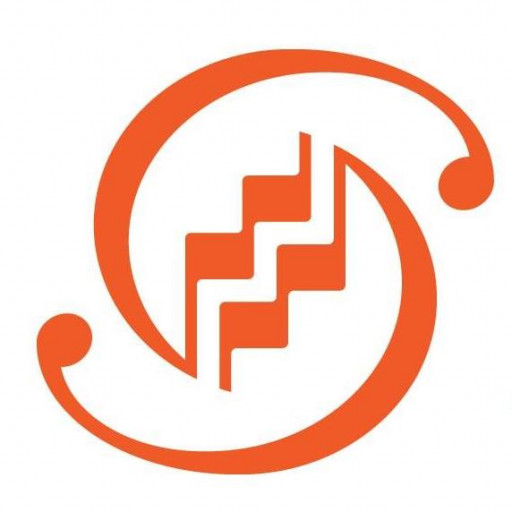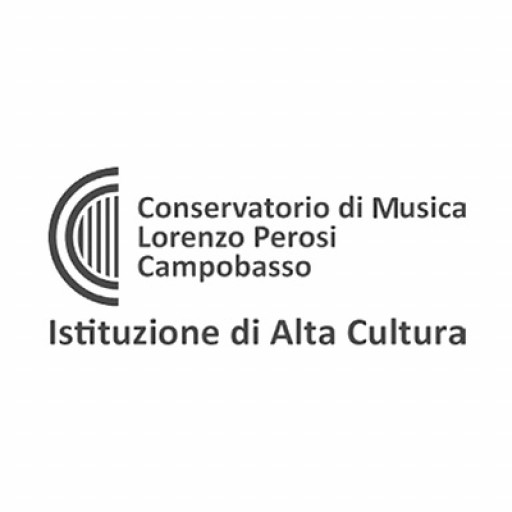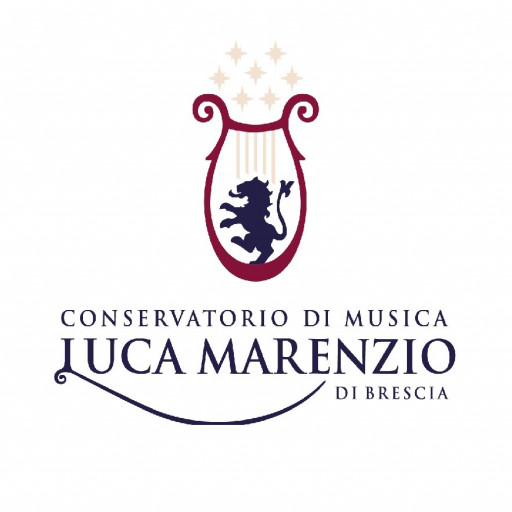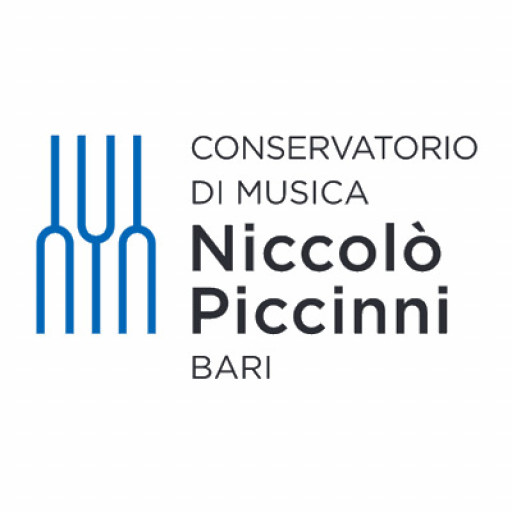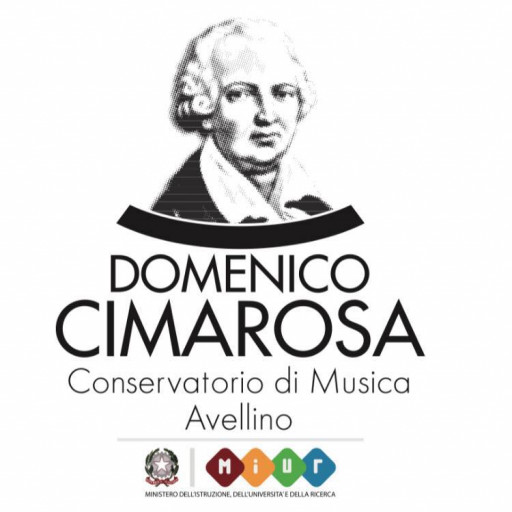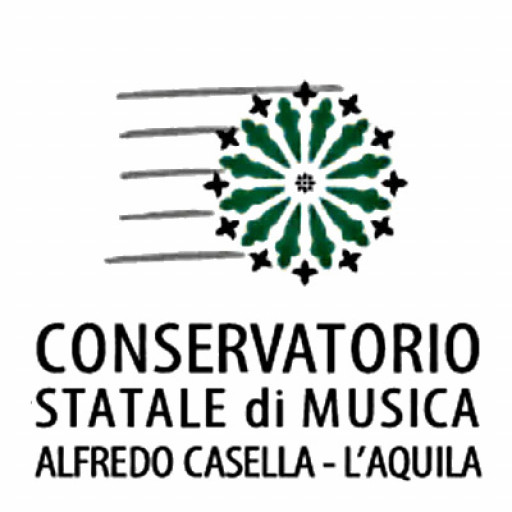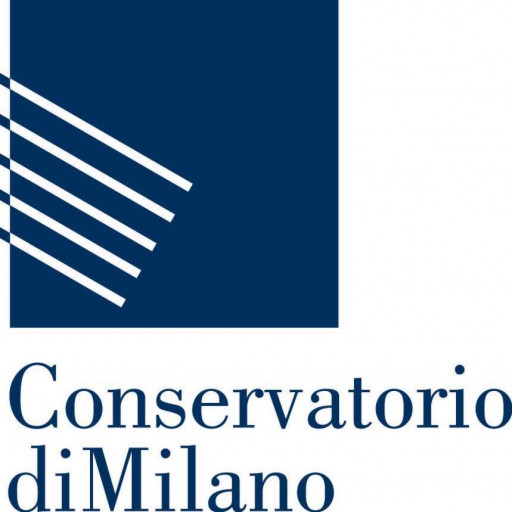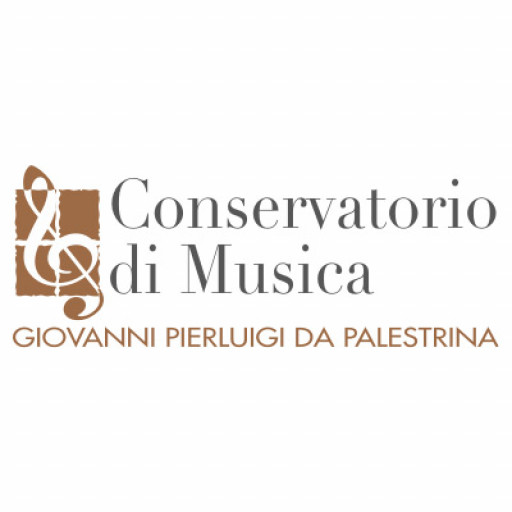Photos of university / #dartmouthcollege
The Music Program at Dartmouth College offers a comprehensive and enriching curriculum designed to foster both academic understanding and practical skills in the field of music. Students have the opportunity to explore a wide range of musical disciplines, including music theory, history, composition, performance, and ethnomusicology, allowing for a well-rounded musical education. The program emphasizes critical listening, analytical skills, and creative expression, encouraging students to develop their individual voices while understanding the broader cultural and historical contexts of music.
Our dedicated faculty includes accomplished musicians, composers, and scholars who are committed to mentoring students through rigorous coursework, collaborative projects, and individual instruction. The department features state-of-the-art facilities, including modern practice rooms, recording studios, and performance spaces, providing students with the essential resources to hone their craft. Dartmouth’s vibrant arts community offers numerous opportunities for public performances, recitals, and workshops, facilitating experiential learning and community engagement.
Students in the Music Program can pursue diverse career paths upon graduation, including performing, conducting, composing, music education, music production, and research. The program also encourages interdisciplinary approaches, allowing students to integrate their musical interests with other fields such as history, psychology, and digital arts. With a strong emphasis on both academic excellence and practical experience, Dartmouth’s Music Program aims to cultivate culturally aware, creative, and technically proficient musicians who are prepared to contribute meaningfully to the musical world and society at large.
Music Major
Prerequisites: MUS 20 (Introduction to Music Theory) (unless exempted by a grade of 5 on the AP Music Theory exam or by an equivalent exam administered by the Music Department) and MUS 25 (Introduction to Sonic Arts) (unless exempted by an equivalent exam administered by the Music Department).
Requirements: General music major
- Two courses numbered between 20 and 29 exclusive of the prerequisites (MUS 20 Introduction to Music Theory, MUS 21 Melody and Rhythm, MUS 22 Harmony and Rhythm, MUS 23 Timbre and Form, MUS 25 Introduction to Sonic Arts, MUS 26 Sonic Linearity, MUS 27 Sonic Spectrum, MUS 28 Sonic Space and Form)
- One course numbered between 40 and 49 (MUS 40.03 Arts Policy in the United States, MUS 40.04 Music and Social Identity, MUS 41 Composer Seminar, MUS 44 Music in the Twentieth Century, MUS 45.01 Music and Gender, MUS 45.02 Songs of the Jewish People)
- Seven additional courses, of which five or more must be numbered 21 or above, and including: a) at least one course in the Individual Instruction Program (MUS 53–58), b) one course in the Performance Laboratories (MUS 50), and c) one course that represents the Non-‐Western Cultures category within the World Cultures Requirement (these courses include: MUS 4 Global Sounds; MUS 45 Music and Gender, Songs of the Jewish People; MUS 50, section 4 Indonesian Gamelan; and MUS 51 Oral Tradition Musicianship). MUS 1 (Beginning Music Theory) and MUS 7 (First-Year Seminar) may not be used to fulfill the elective requirement. (MUS 45 may be used to fulfill 2 above; and MUS 50, section 4, and MUS 51 may be used to fulfill 3 above.)
- Culminating Experience: participation in the Department of Music’s culminating experience program during the senior year.
- Demonstration of proficiency on keyboard instruments either by enrolling in MUS 53 (individual piano lessons) or by passing a keyboard proficiency exam administered by the department. Students taking the keyboard proficiency exam must do so no later than the spring term of their third year.
Major with a concentration on composition & sonic arts
Students who follow this pathway will focus on gaining the necessary skills for making music in contemporary styles.
- MUS 2 (The Music of Today) or MUS 8 (Programming for Interactive Audio-Visual Art)
- Two courses numbered between 21 and 29 exclusive of the prerequisites (theory)
- Two courses numbered between 30 and 39 (MUS 30 Composition Seminar, MUS 31 Digital Music Composition, MUS 32 Improvisation, MUS 33 Theories of Music, MUS 34 Advanced Sound Design)
- One course numbered between 40 and 49 (time, place, and culture)
- Five additional courses, of which three or more must be numbered 21 or above, and including: a) at least one course in the Individual Instruction Program (MUS 53–58), b) one course in the Performance Laboratories (MUS 50), and c) one course that represents the Non-Western Cultures category within the World Cultures Requirement (these courses include: MUS 4; MUS 45; MUS 50, section 4; and MUS 51). MUS 1 and MUS 7 may not be used to fulfill the elective requirement. (MUS 45 may be used to fulfill 4 above; and MUS 50, section 4 and MUS 51 may be used to fullfill 5 above).
- Culminating Experience: participation in the Department of Music's culminating experience program during the year.
- Demonstration of proficiency on keyboard instruments either by enrolling in MUS 53 (individual piano lessons) or by passing a keyboard proficiency exam administered by the department. Students taking the keyboard proficiency exam must do so no later than the spring term of their third year.
Major with a concentration on performance
Students who follow this pathway will focus on the development of their artistic and technical skills as performing musicians within the context of studying music history and culture, literature, and theory.
- MUS 6 (Masterpieces of Western Music) or MUS 10 (Lives and Works of the Great Composers)
- Two courses numbered between 21 and 29 exclusive of the prerequisites (theory)
- Two courses numbered between 40 and 49 (time, place, and culture)
- Three performance laboratory/lesson credits (MUS 50, 53–58), where there must be at least one performance laboratory credit and one lesson credit. MUS 52 may be substituted for one performance laboratory credit or one lesson credit. One lesson credit may be substituted with one MUS 60–69 course or with MUS 87.
- Three additional courses, of which one course must represent the Non-‐ Western Cultures category within the World Cultures Requirement (these courses include: MUS 4; MUS 45; MUS 50, section 4; and MUS 51). MUS 1 and MUS 7 may not be used to fulfill the elective requirement. (MUS 45 may be used to fulfill 3 above; and MUS 50, section 4, and MUS 51 may be used to fulfill a portion of 4 above.)
- Culminating Experience: participation in the Department of Music’s culminating experience program during the senior year.
- Demonstration of proficiency on keyboard instruments either by enrolling in MUS 53 (individual piano lessons) or by passing a keyboard proficiency exam administered by the department. Students taking the keyboard proficiency exam must do so no later than the spring term of their third year.
Major with a concentration on time, place, and culture
Students who follow this pathway will focus on the ways that history and culture have shaped music in particular times and places, and develop their ability to interpret, analyze, and critique music as a key element of culture, history, and social life.
- MUS 4 or MUS 6
- Two courses numbered between 21 and 29 exclusive of the prerequisites (theory)
- Two courses numbered between 40 and 49 (time, place, and culture)
- One additional TPC course (these courses include: MUS 2–6 (MUS 2 The Music of Today, MUS 3 American Music, MUS 4 Global Sounds, MUS 5 History of Jazz, MUS 6 Masterpieces of Western Music), MUS 10–12 (MUS 10 Lives and Works of the Great Composers, MUS 11 Introduction to Opera, MUS 12 Music, Ceremony, Ritual, and Sacred Chant), and MUS 40–49 (MUS 40.03 Arts Policy in the United States, MUS 40.04 Music and Social Identity, MUS 41 Composer Seminar, MUS 44 Music in the Twentieth Century, MUS 45.01 Music and Gender, MUS 45.02 Songs of the Jewish People))
- Five additional courses, of which three or more must be numbered 21 or above, and including: a) at least one course in the Individual Instruction Program (MUS 53–58), b) one course in the Performance Laboratories (MUS 50), and c) one course that represents the Non-‐Western Cultures category within the World Cultures Requirement (these courses include: MUS 4; MUS 45; MUS 50, section 4; and MUS 51). MUS 1 and MUS 7 may not be used to fulfill the elective requirement. (MUS 45 may be used to fulfill 3 or 4 above; and MUS 50, section 4, and MUS 51 may be used to fulfill 5c above.)
- Culminating Experience: participation in the Department of Music’s culminating experience program during the senior year.
- Demonstration of proficiency on keyboard instruments either by enrolling in MUS 53 (individual piano lessons) or by passing a keyboard proficiency exam administered by the department. Students taking the keyboard proficiency exam must do so no later than the spring term of their third year.
Modified Major
Prerequisite: MUS 20 (unless exempted by a grade of 5 on the AP Music Theory exam or by an equivalent exam administered by the Music Department) or MUS 25 (unless exempted by an equivalent exam administered by the Music Department).
Requirements:
- Six music courses exclusive of the prerequisite, together with four courses from another department or from multiple departments. The six music courses must include at least one course from MUS 21–29 and one course involving musical performance or composition. MUS 1 and MUS 7 may not be used to fulfill the modified major.
- Culminating Experience: participation in the Department of Music’s culminating experience program during the senior year.
- Demonstration of proficiency on keyboard instruments either by enrolling in MUS 53 (individual piano lessons) or by passing a keyboard proficiency exam administered by the department. Students taking the keyboard proficiency exam must do so no later than the spring term of their third year.
Music Minor
Prerequisite: MUS 20 (unless exempted by a grade of 5 on the AP Music Theory exam or by an equivalent exam administered by the Music Department) or MUS 25 (unless exempted by an equivalent exam administered by the Music Department).
Requirements:
- Two courses numbered between 21 and 29 exclusive of the prerequisite (theory)
- One course numbered between 40 and 49 (time, place, and culture)
- Three additional courses, of which two must be numbered 21 or above, and including at least one course in the Department of Music’s Individual Instruction Program (Music 53–58) or one course in the Department of Music’s Performance Laboratories (MUS 50). MUS 1 and MUS 7 may not be used to fulfill the elective requirement. MUS 87 may count as an elective but may not be used as a substitute for the Individual Instruction Program. Demonstration of proficiency on keyboard instruments is recommended but not required.
1. SAT Reasoning or ACT (with Writing);
2. 2 SAT Subject Test Scores;
3. The common application essay;
4. Within the Common Application, Dartmouth’s writing supplement requires that applicants write a brief response to one of the following supplemental essay prompts. Candidates choose one topic and respond;
5. A counselor recommendation and two teacher recommendations. In addition, a peer recommendation is strongly encouraged;
6. Resume;
7. Brief abstract of an independent research project;
8. IELTS or TOEFL (no minimum scores).
9. Applicants for first-year admission with well-developed talent in the fine or performing arts—studio art, dance, theater, film and media studies, and/or music—who intend to participate in and/or study the arts, may submit supplementary materials for review by the faculty.
Dartmouth Scholarships are need-based and are given without expectation of repayment. Amounts range from $1,000 to over $50,000, depending on our determination of your eligibility. Some Dartmouth students will be selected as recipients of one or more of our over 750 endowed scholarship funds. These awards are not additional money, but indicate that the aid already awarded will come from a specific endowed fund. No separate application is required. Students who receive scholarships from external sources can use these funds to reduce the loan and/or job portions of their financial aid packages. Veteran's benefits are included as a resource in the determination of eligibility for Dartmouth scholarship awards. Dartmouth College currently participates at 100% in the Yellow Ribbon Program which supplements GI Bill benefits. For U.S. citizens or permanent residents, the Free Application for Federal Student Aid (FAFSA) is the only form required to apply for Federal Financial Aid. The federal government provides Pell Grants to students who qualify on the basis of financial need as determined by their Free Application for Federal Student Aid (FAFSA). Federal Supplemental Educational Opportunity Grants (FSEOG) are awarded by the College to the most needy students. They vary in amount but do not exceed $4,000 a year. When you apply for financial aid, your parents' country of residence will determine which documents you need to submit. Parents living outside U.S. and Canada should provide income/benefits statement from employer.
Music at Dartmouth College offers students an in-depth opportunity to explore the art of music through rigorous academic coursework, performance experiences, and interdisciplinary study. The Department of Music provides a comprehensive curriculum that covers music theory, history, composition, and performance, enabling students to develop both their analytical and creative skills. Students can choose from various tracks, including a concentration in music, minors, and courses designed to suit a wide range of interests, from classical and jazz to world music genres.
The program emphasizes experiential learning, encouraging students to participate in ensembles, recitals, and collaborative projects that foster a vibrant musical community on campus. Dartmouth’s facilities include well-equipped practice rooms, rehearsal spaces, and a dedicated concert hall, providing necessary resources for student musicians to hone their craft. Furthermore, the program supports opportunities for internships and research, often in partnership with local arts organizations, giving students practical experience in the field of music.
Faculty members are accomplished performers, composers, and scholars dedicated to mentoring students in their academic and artistic pursuits. The music program at Dartmouth also benefits from a robust Visiting Artists series, which brings distinguished musicians and musicologists to campus for lectures, masterclasses, and performances, enriching the educational experience. Students often engage in interdisciplinary studies, combining music with other disciplines such as history, literature, or language, to deepen their understanding of cultural contexts.
Graduates of the program have gone on to various careers in music education, performance, composition, music therapy, and arts administration. The department emphasizes fostering critical thinking, creativity, and cultural awareness, preparing students for diverse professional paths or graduate study in music or related fields. Overall, Dartmouth’s music program aims to cultivate well-rounded musicians and scholars dedicated to the appreciation and dissemination of musical arts.

